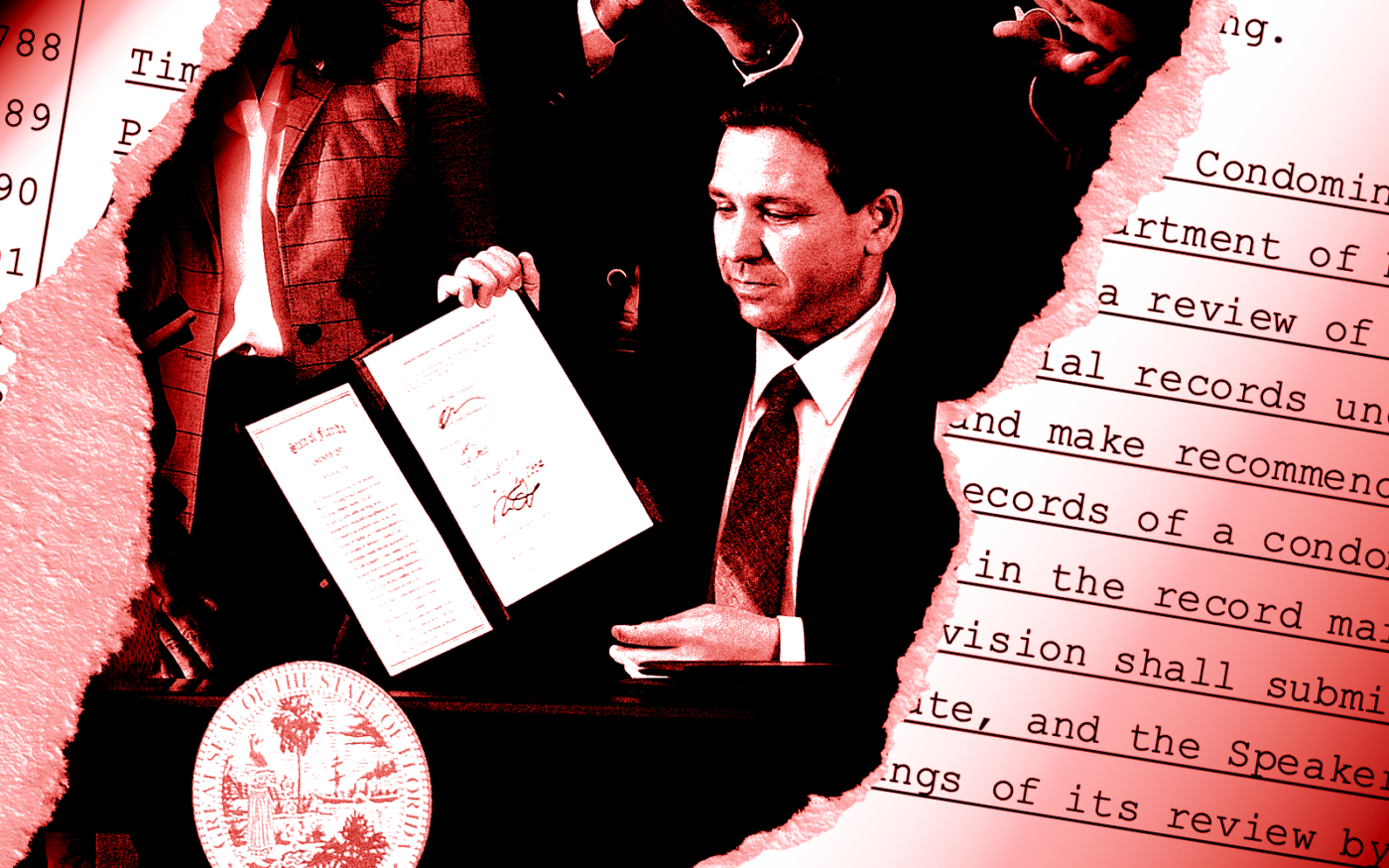Gov. Ron DeSantis approved a law that addresses the delicate balance of power between residents and investors at condo-hotel complexes.
House Bill 1021 mainly deals with the issue of fraud, election meddling, withholding of records and other mismanagement by boards of directors and property managers at condo associations. Yet, the Florida Legislature this session approved a last-minute addition tied to the long controversial issue of who holds control at condo-hotels, or complexes that consist of condos and a hotel, as well as spas, restaurants, pools and other amenities accessible to both unit owners and visitors.
Condo-hotels throughout Florida have hosted bitter disputes between unit owners and the owners of the hotel and amenities, often called commercial lot owners. The governing declarations for many of these properties grant the commercial lot owners power over maintenance of the hotel keys, amenities and other common areas, such as lobbies and elevators, as well as to levy assessments on condo owners for the upkeep of these properties.
Read more
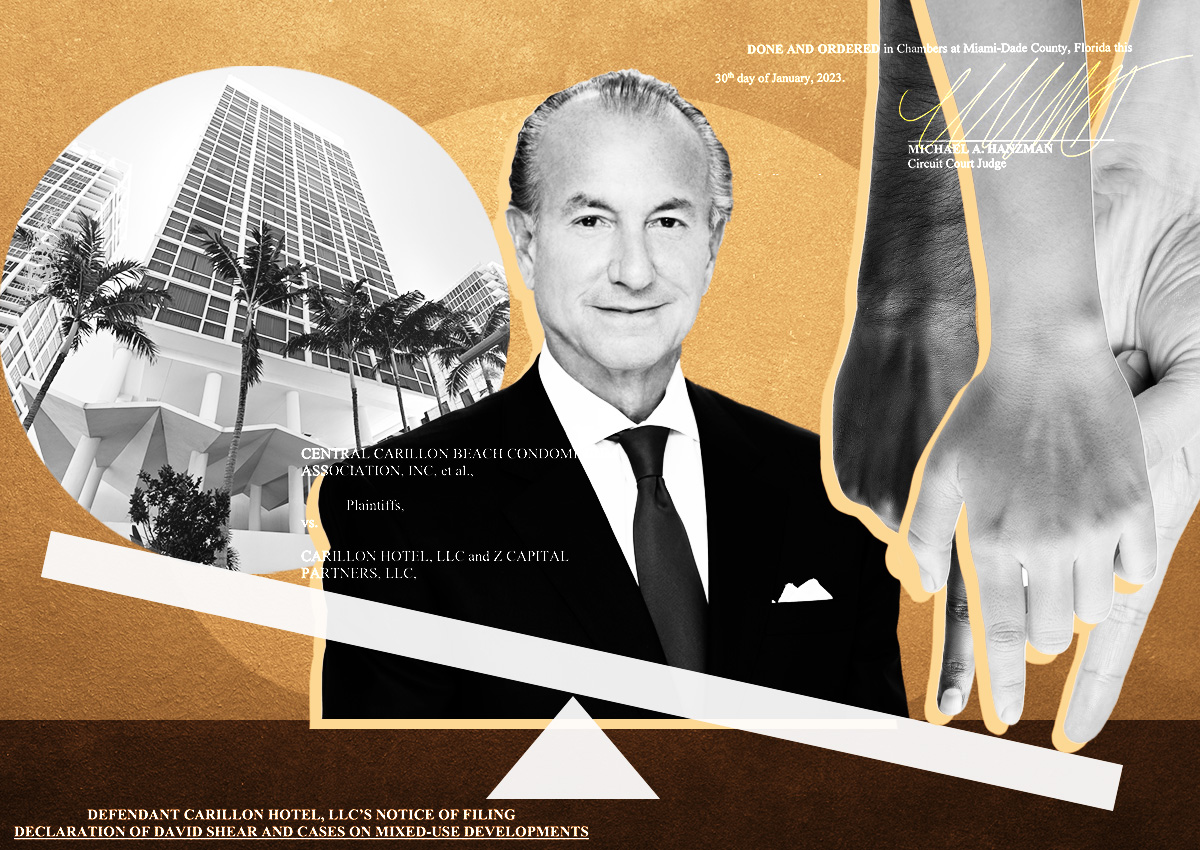

Unit owners at some condo-hotels have been battling against this structure. One of the most prominent cases is at Carillon Miami Wellness Resort in Miami Beach, where residents and their attorneys allege the commercial lot owner has unilateral power and can run the complex like a “dictatorship.” Condo owners have argued that this structure outlined in declarations is still illegal under the state condo act.
The new law, which DeSantis signed on Friday, essentially takes the power commercial lot owners have under declarations and codifies it into the condo act. The bill becomes law on July 1.
“It really is going to wreak havoc on condo associations,” said Stevan Pardo, an attorney who represents Carillon condo unit owners. The law “is basically taking the rights of consumers [condo unit owners]. It’s protecting developers from doing what they have been doing all along illegally.”
Commercial lot owners say they need to control common areas and assess residents for upkeep because they have to maintain the complexes up to the standard of their brands. Across South Florida, condo-hotels carry high-end brands such as St. Regis, Ritz-Carlton and Four Seasons. An investor buys the hotel keys, amenities and common areas and retains a brand. Heafey Group, based in Quebec and Miami, is the commercial lot owner at the Conrad-branded condo-hotel at 515 North Fort Lauderdale Beach Boulevard in Fort Lauderdale, and New York-based Z Capital Group is the commercial lot owner of the Carillon-branded complex at 6801 Collins Avenue in Miami Beach.
“The hotel operator has the incentive to make sure the hotel is kept up to those proper standards,” said Mark Grant, a consultant to attorneys defending Z Capital in the Carillon case, adding that residents and the commercial lot owner both pay toward maintenance of amenities and common areas.
In past cases, attorneys have found the commercial lot owner shifted expenses for the hotels to residents “under the guise of being shared facilities” assessments, said Pardo, of Pardo Jackson Gainsburg & Shelowit in Miami. In some instances, unit owners have limited access to accounting.
Residents have “full rights to audit the books and records,” responded Grant, of Greenspoon Marder in Fort Lauderdale.
The law is retroactive, but includes a clause that says it does not “revive or reinstate any right or interest that has been fully and finally adjudicated as invalid” prior to Oct. 1 of this year. This means that if a commercial lot owner lost its rights to maintain and assess for common areas in a final order in litigation, the law does not apply. Over the years, courts have ruled on both sides of the issue.
It remains to be seen how the Carillon case would be affected by the law. Z Capital and the condo association are each appealing portions of trial court orders, meaning Z Capital could invoke the new law in its appeal.
“I expect the appellate court will look at the clarification of the law and say [trial court judges] were wrong in saying this type of structure is not legal,” Grant said.
Last year, two judges issued separate orders in the Carillon case, siding in part with the condo unit owners, though one of the judgments shot down unit owners’ push to purchase the pools, spa and other areas at the complex.
Read more
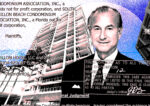
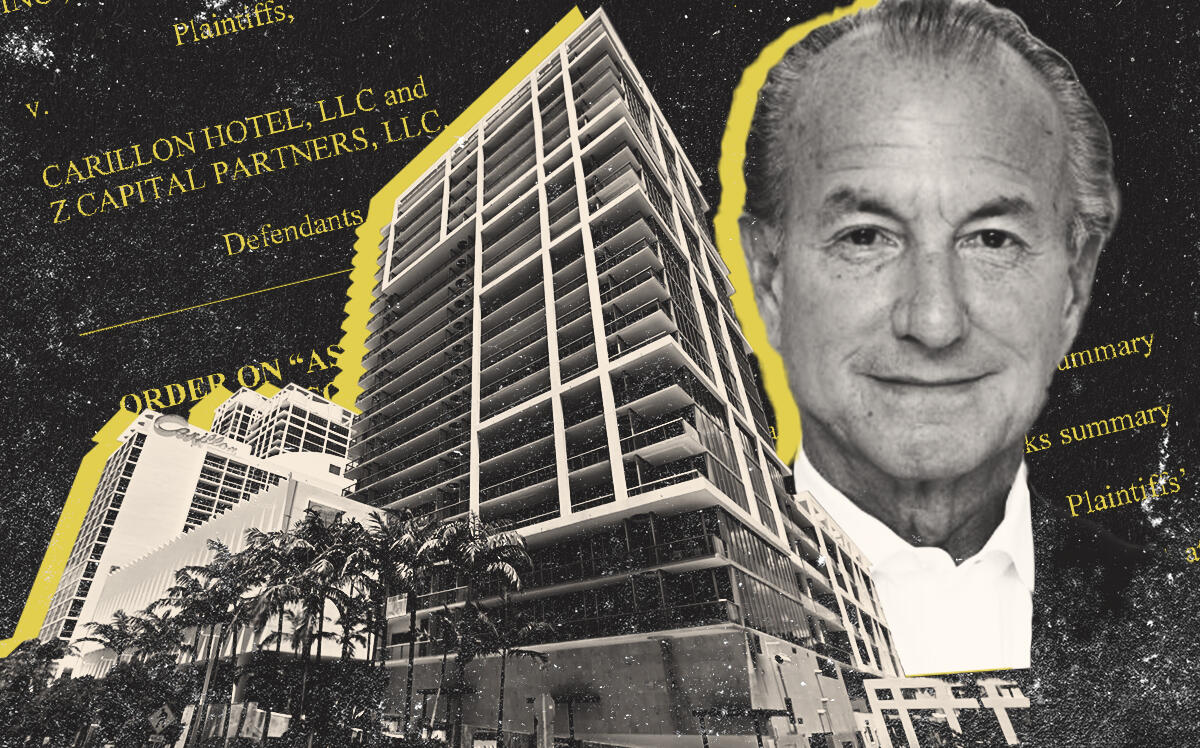
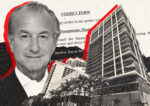
Pardo said various new court claims could be unleashed, including class action suits, and said he expects a push for amendments in the October legislative session.
The law mandates that condo buyers at condo-hotels are provided with a notice of the governing structure.
“People can look at the disclosures and say, ‘Oh, I am not buying into this building.’ That’s the bottom line,” Grant said. “There are many condos run [only] by condo associations. They can buy into that building.”
Grant was part of a group of attorneys who worked with lobbyists “to help promote the clarification of the law,” according to an April 8 letter he sent DeSantis.
In the letter, Grant said that without commercial lot owners’ rights at condo-hotels, investors and hotel brands would step back from these mixed-use properties. Pardo argues that the law would chill condo buyers’ appetite for units at condo-hotels.
Rep. Vicki Lopez of Miami sponsored HB 1021.
The Miami Herald first reported the last-minute condo-hotel addition to the bill.
To Pardo, the last-minute addition to the bill “was clearly” an attempt “to change the law that was developed by the Carillon” and other cases in which judges sided with condo owners.
